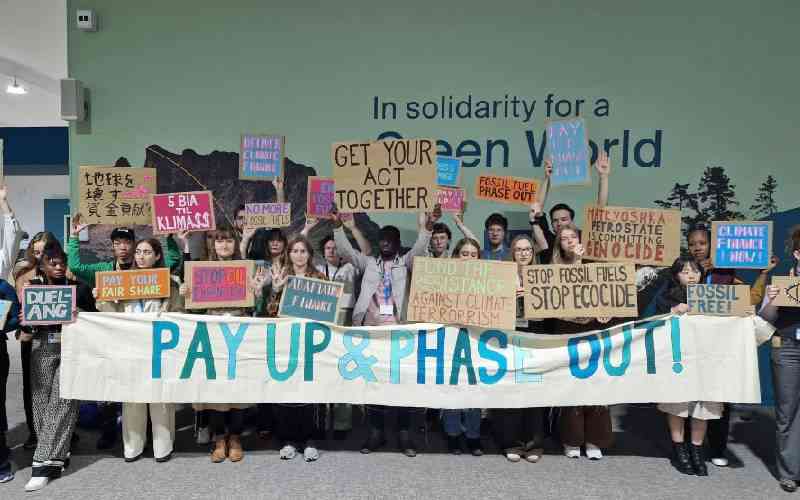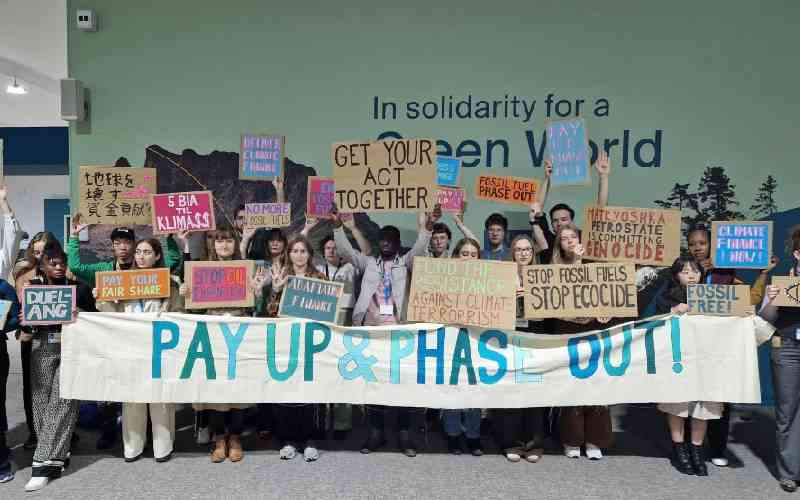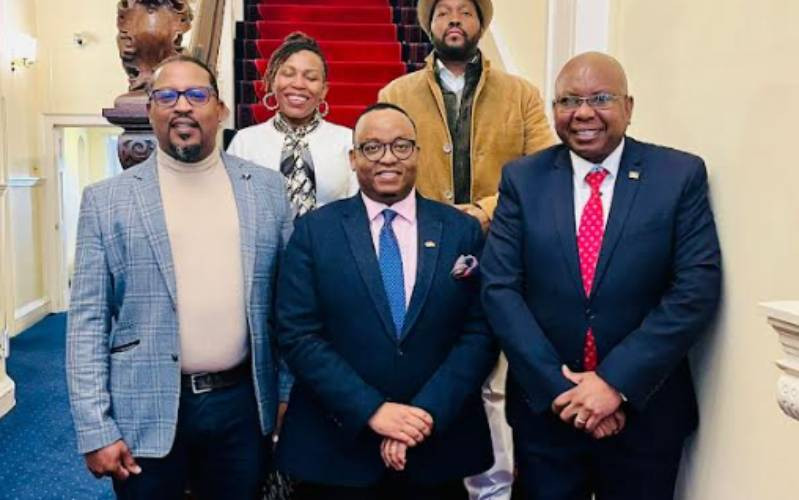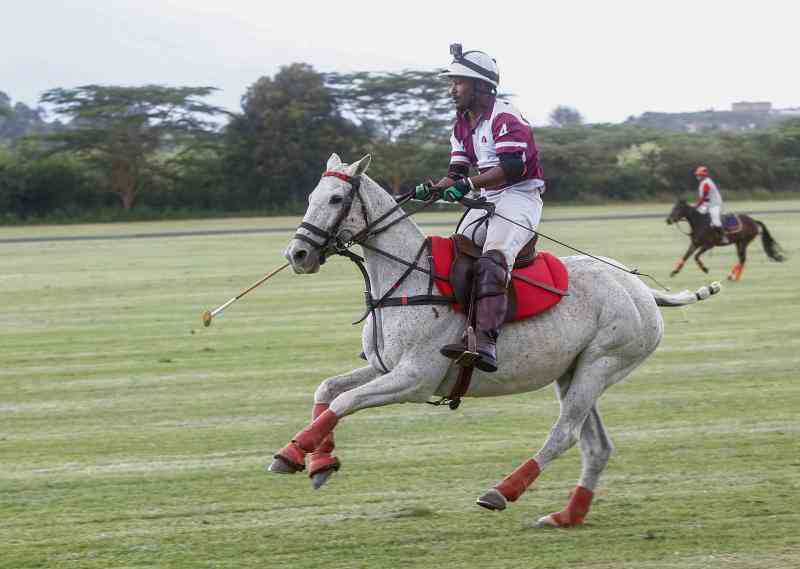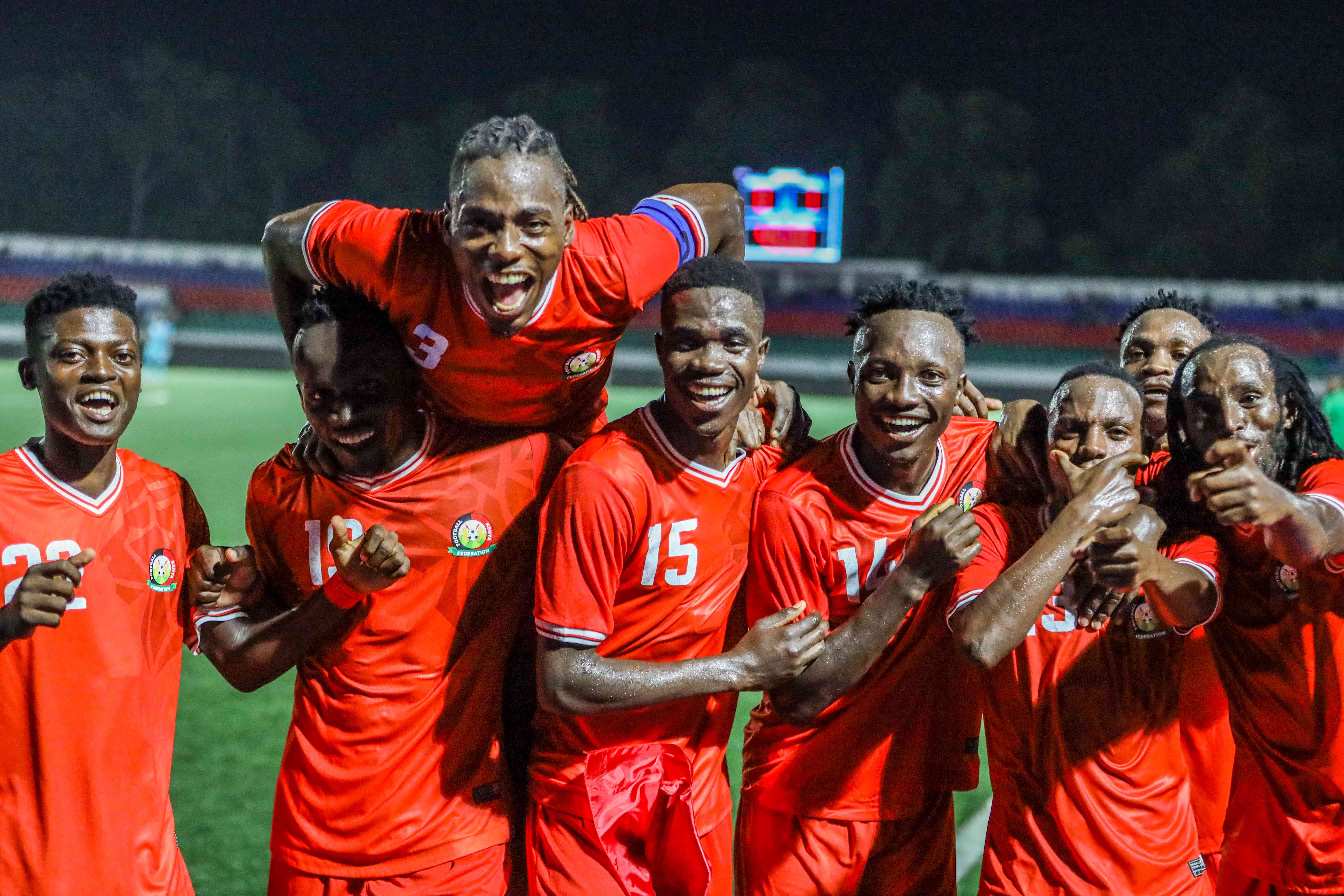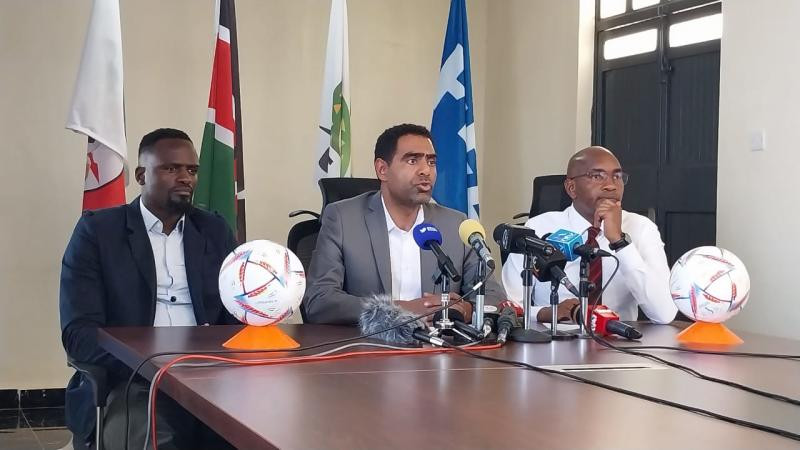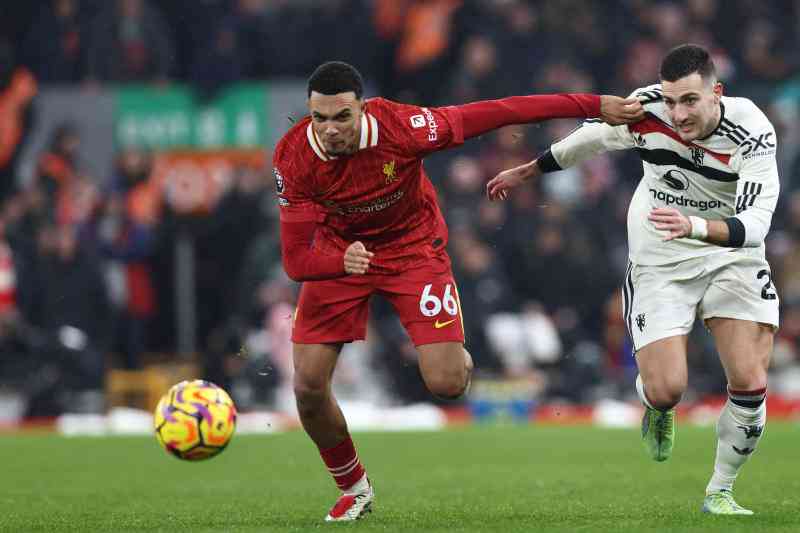JOHANNESBURG
 |
|
Australia’s Matthew Leckie (right) vies for the ball with South Africa’s Thato Mokeke during their friendly match in Sydney. |
A football referee named Ibrahim Chaibou walked into a bank in a small South African city carrying a bag filled with as much as $100,000 in $100 bills, according to another referee travelling with him.
The deposit was so large that a bank employee gave Chaibou a gift of commemorative coins bearing the likeness of Nelson Mandela.
Later that night in May 2010, Chaibou refereed an exhibition match between South Africa and Guatemala in preparation for the World Cup. Even to the casual fan, his calls were suspicious — he called two penalties for hand balls even though the ball went nowhere near the players’ hands.
Chaibou, from Niger, had been chosen to work the match by a company based in Singapore that was a front for a notorious match-rigging syndicate, according to an internal, confidential report by Fifa.
The Fifa investigative report and related documents, which were obtained by The New York Times and have not been publicly released, raise serious questions about the vulnerability of the World Cup to match fixing with this year’s tournament starting on June 12 in Brazil.
Embeded at the top
The report found that the match-rigging syndicate and its referees infiltrated the upper reaches of global football in order to fix exhibition matches and exploit them for betting purposes.
It provides extensive details of the clever and brazen ways that fixers apparently manipulated “at least five matches and possibly more” in South Africa ahead of the last World Cup.
As many as 15 matches were targets, including a game between the United States and Australia, according to interviews and emails printed in the Fifa report.
Although corruption has vexed football for years, the South Africa case gives an unusually detailed look at the ease with which professional gamblers can fix matches, as well as Fifa’s severe problems in policing itself and its member federations.
The 44-page report includes an account of Chaibou’s trip to the bank, as well as many other scenes describing how matches were rigged. After one match, the syndicate even made a death threat against the official who tried to stop the fix, investigators found.
“Were the listed matches fixed?” the report said. “On the balance of probabilities, yes!”
The Times investigated the South African match-fixing scandal by interviewing dozens of football officials, referees, gamblers, investigators and experts in South Africa, Malaysia, England, Finland and Singapore. The Times also reviewed hundreds of pages of interview transcripts, emails, referee rosters and other confidential Fifa documents.
Fifa, which is expected to collect about $4 billion in revenue for this four-year World Cup cycle for broadcast fees, sponsorship deals and ticket sales, has relative autonomy at its headquarters in Zurich. But The Times found problems that could now shadow this month’s World Cup.
.Fifa’s investigators concluded that the fixers had probably been aided by South African football officials, yet Fifa did not officially accuse anyone of match fixing or bar anyone from the sport.
.A Fifa spokeswoman said that the investigation into South Africa was continuing, but no one interviewed for this article spoke of being contacted recently by FIFA officials. Critics have questioned Fifa’s determination and capability to curb match fixing.
.Many national federations with teams competing in Brazil are just as vulnerable to match-fixing as South Africa’s was: They are financially shaky, in administrative disarray and politically divided.
Ralf Mutschke, Fifa’s head of security, said in a May 21 interview with Fifa.com, “match fixing is an evil to all sports,” and he acknowledged that the World Cup was vulnerable.
“The fixers are looking for football matches which are generating huge betting volume, and obviously, international football tournaments like the World Cup are generating these kinds of volumes,” Mutschke said. “The World Cup in general has a certain risk.”
Chaibou, the referee at the centre of the South African case, said in a phone interview he had never fixed a match, and he denied knowing or having ever spoken to Wilson Raj Perumal, a notorious gambler who calls himself the world’s most prolific match fixer and whom FIFA called one of the suspected masterminds of the South Africa scheme.
“I did not know this man,” Chaibou said. “I had no contact with him ever.”
Chaibou said Fifa had not contacted him since his retirement in 2011. He declined to answer any questions about money he may have received in South Africa. — The New York Times
 The Standard Group Plc is a multi-media organization with investments in media
platforms spanning newspaper print operations, television, radio broadcasting,
digital and online services. The Standard Group is recognized as a leading
multi-media house in Kenya with a key influence in matters of national and
international interest.
The Standard Group Plc is a multi-media organization with investments in media
platforms spanning newspaper print operations, television, radio broadcasting,
digital and online services. The Standard Group is recognized as a leading
multi-media house in Kenya with a key influence in matters of national and
international interest.
 The Standard Group Plc is a multi-media organization with investments in media
platforms spanning newspaper print operations, television, radio broadcasting,
digital and online services. The Standard Group is recognized as a leading
multi-media house in Kenya with a key influence in matters of national and
international interest.
The Standard Group Plc is a multi-media organization with investments in media
platforms spanning newspaper print operations, television, radio broadcasting,
digital and online services. The Standard Group is recognized as a leading
multi-media house in Kenya with a key influence in matters of national and
international interest.



